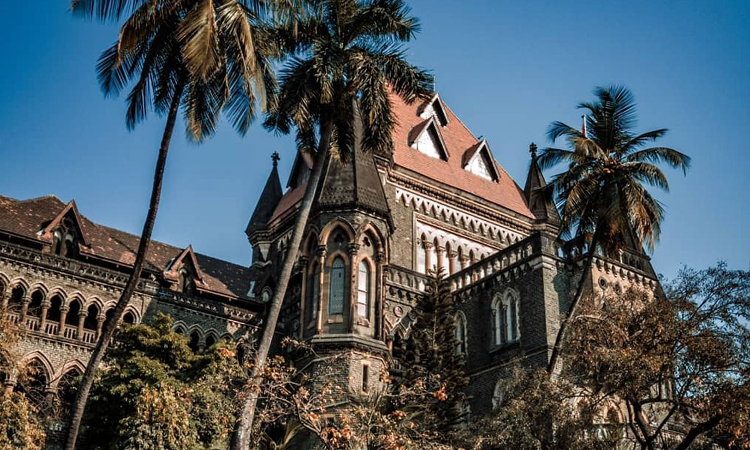The Bombay High Court has held that the assessee is entitled to claim depreciation in respect of any assets based on the actual cost of the assets.The bench of Justice K.R. Shriram and Justice M.M. Sathaye observed that the actual cost of the assets will be the actual cost that the assessee paid to the predecessor after revaluing the assets, and certainly, the assessee will be entitled to...

